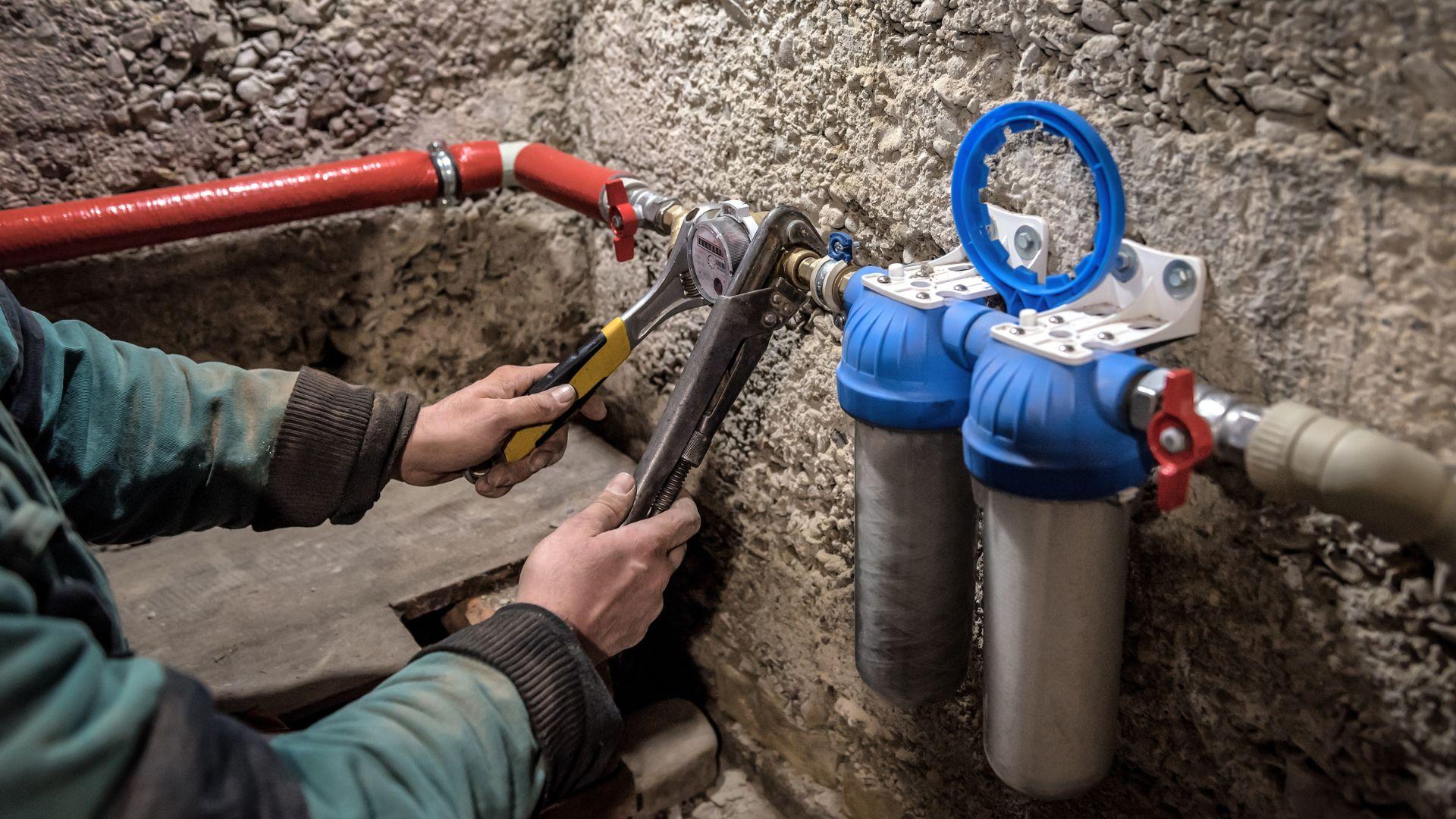Sponsored
When should a backwater valve be installed

Homeowners don’t often think about their plumbing systems until something goes wrong. And one of the worst plumbing nightmares that can happen is a sewage backup. This not only creates an unpleasant mess but also poses health risks and can cause costly damage to your home. A backwater valve (also known as a check valve or sewer backup valve) is a simple device that can help prevent this.
What is a Backwater Valve?
A backwater valve is a mechanical device installed in your home's sewer line that prevents wastewater from flowing back into your home during heavy rain or plumbing issues. It acts as a one-way valve, allowing waste to flow out but blocking anything from flowing back in. These valves are especially important in areas that are prone to flooding, heavy rain, or where the sewer systems are prone to becoming overwhelmed.
Now, let’s look at when you should consider installing one.
1. Your Home is Prone to Flooding or Heavy Rainfall
If you live in an area that experiences heavy rain, snowmelt, or seasonal flooding, your sewer lines may be at risk of becoming overwhelmed. When the local sewer system can't handle the volume of water, wastewater can flow back into your home through drains or toilets, causing potential flooding and damage.
A backwater valve provides peace of mind by preventing sewage from flowing into your home in these conditions. If your home is located in a flood-prone area, this should be a priority installation.
2. Your Home's Plumbing System is Below Street Level
If your plumbing system (e.g., basement drains or lower-level toilets) is situated below the level of the street’s sewer lines, your home is especially vulnerable to sewage backups. In these cases, when city sewer systems become overloaded, the sewage might back up into your home through the lowest point in your plumbing system.
A backwater valve can stop this backflow from reaching your home’s plumbing, especially in lower-level bathrooms, kitchens, and laundry areas.
3. Renovating or Updating Your Plumbing System
During major renovations or plumbing system updates, installing a backwater valve is a wise decision. When your plumbing is being overhauled, it’s the perfect opportunity to install a valve that could save you a lot of future trouble. If you're converting a basement into a livable space or adding a new bathroom in a lower area, you should definitely consider adding a backwater valve to your plumbing system.
4. Your Municipality Requires It
In some areas, especially in cities prone to sewer backups, local building codes may mandate the installation of a backwater valve, particularly in homes that have certain characteristics (e.g., low-level plumbing, proximity to high-risk flood areas). It’s important to check your local plumbing regulations, as compliance may save you from hefty fines or insurance claims in the future.
Even if your municipality doesn’t require a backwater valve, it can still be a wise investment, as many homeowners insurance policies do not cover sewer backups unless you’ve taken proactive measures, like installing a backwater valve.
5. If Your Home Has Already Experienced a Sewage Backup
If you’ve had the unfortunate experience of a sewage backup before, installing a backwater valve should be at the top of your to-do list. A backup is not only a mess and a headache, but it can also result in costly repairs to flooring, furniture, and walls, not to mention potential health issues from contamination. The peace of mind that comes with knowing your home is protected from further backups is worth the investment.
6. If You Have a Finished Basement
Many homes with finished basements are at greater risk for sewer backups. These spaces are often below ground level and contain valuable furniture, appliances, and flooring. Since the risk of a backup is higher in areas like this, it’s advisable to install a backwater valve to protect your investment and avoid the devastation of a flooding event.
7. To Protect Your Home’s Value
Installing a backwater valve can be seen as an investment in the long-term protection and value of your home. In areas where sewer backups are a concern, prospective buyers may be more inclined to purchase homes that already have this protective measure in place. It's also an added bonus for your home insurance premiums, as some insurance companies offer discounts for properties with a Backwater Valve Installation.
Benefits of Installing a Backwater Valve
-
Prevents Sewage Backups: The main benefit is obvious – it stops wastewater from entering your home, which prevents costly water damage and contamination.
-
Health and Safety: Sewage backups pose serious health risks due to bacteria, viruses, and other pathogens present in wastewater. A backwater valve can reduce the risk of exposure to these harmful elements.
-
Protects Valuable Items: Protect your furniture, appliances, and flooring from water damage by preventing sewage backups in your basement or lower levels.
-
Compliance and Insurance Benefits: Installing a backwater valve can help ensure that you comply with local building codes, and it could potentially lower your insurance premiums.
Conclusion
Installing a backwater valve is an important precaution for homeowners, especially in flood-prone areas or homes with plumbing below street level. If your home is at risk of sewer backups, during a renovation, or you’ve already experienced an issue, it’s time to consider installing a backwater valve. This simple and relatively inexpensive solution can save you from expensive and messy disasters down the road.
For More Details: https://kingstreeplumbing.ca/





